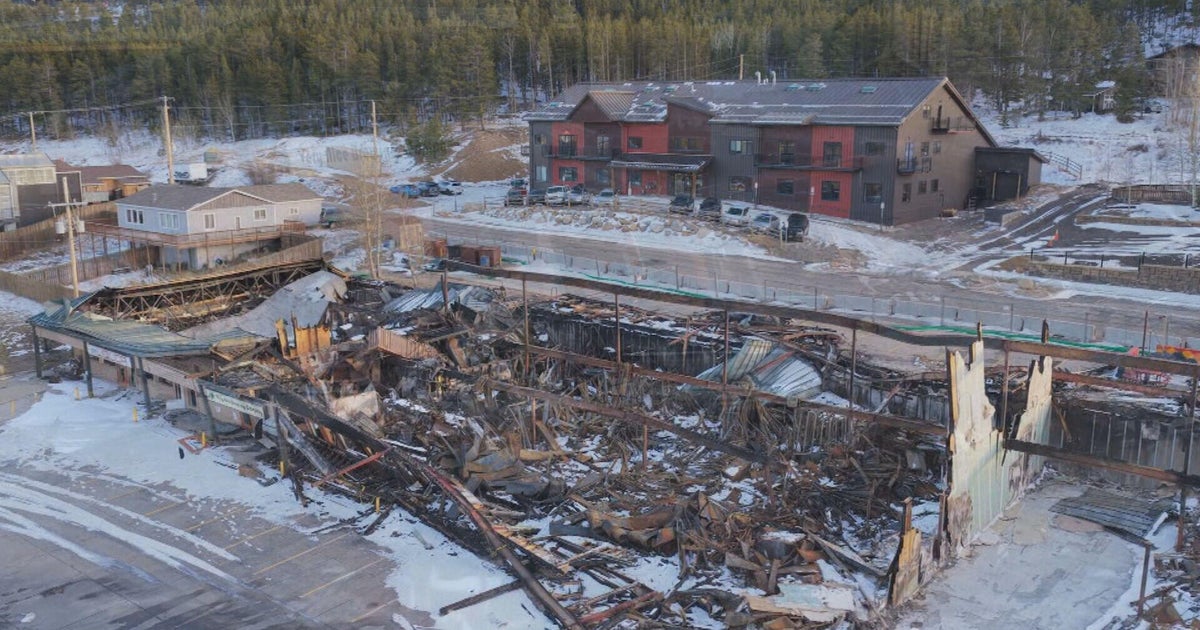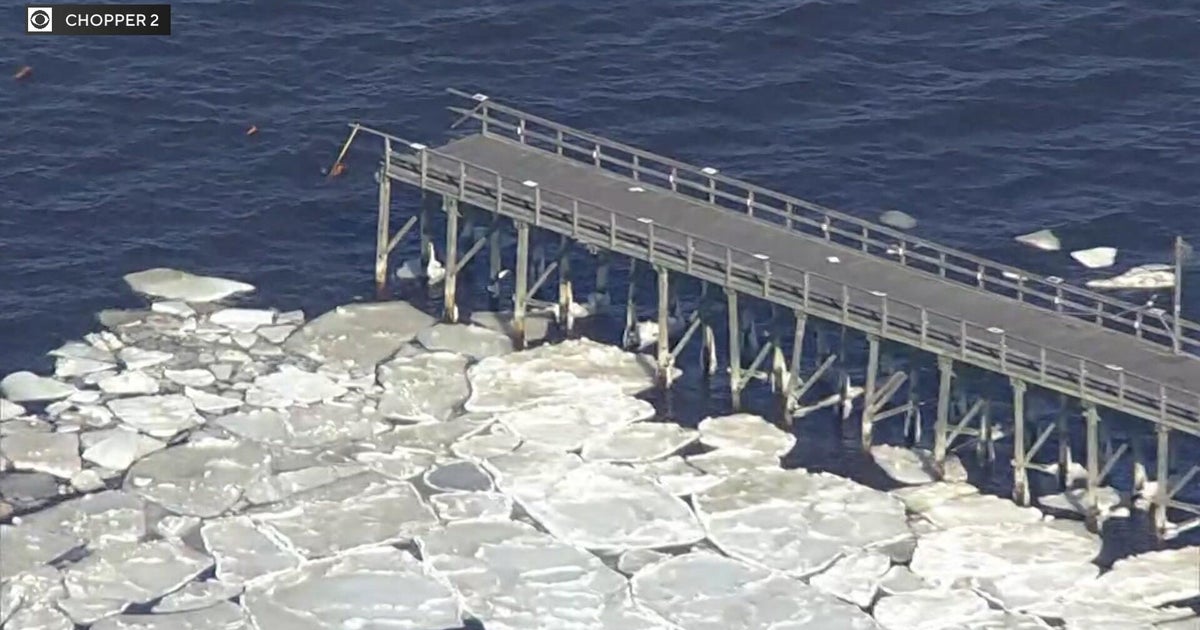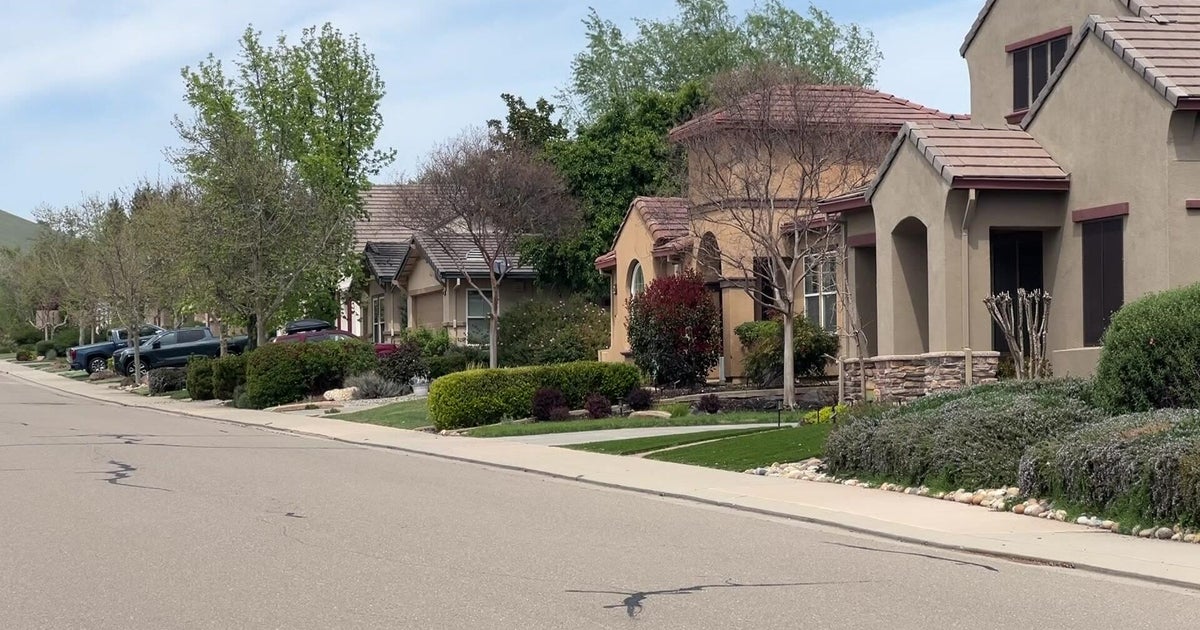Bay Coalition Faces Challenges Changing Minds
TIMOTHY SANDOVAL
Carroll County Times
WESTMINSTER, Md. (AP) -- The Clean Chesapeake Coalition, which Carroll County joined last year, includes six other rural counties in Maryland, and attempts to change conventional wisdom on the Chesapeake Bay cleanup and restoration efforts.
The coalition advocates for cost-effective policies that will help the bay, pointing out the issues concerning the Conowingo Dam, which they say releases the largest amount of pollution into the bay. They argue the dam should be the priority, downplaying the effectiveness of environmental polices handed down by the state.
But some have questioned the effectiveness of such a coalition, including one commissioner in Carroll County. Republican Commissioner Haven Shoemaker, who voted against joining the coalition, said at the time of the vote that he was unsure the state would stop its focus on septic system regulations and other mandates it is looking to impose.
"What makes you think that they're going to back off on what they want the counties to do just because they acknowledge that the Conowingo Dam may be a problem?" Shoemaker asked, at the time.
The coalition's general counsel, Charles D. "Chip" MacLeod, of Funk & Bolton, P.A, acknowledged there was a lot of opposition to such a coalition forming. But he said the coalition was important, because local officials would not be able to voice their concerns otherwise.
He credited the group with bringing greater awareness to the problems concerning the Susquehanna River, and other issues. But he said he is unsure how many people the coalition has won over.
"I can't say how many minds have been changed," MacLeod said. "There is clearly a greater awareness about what is happening on the lower Susquehanna River than there has been."
Each county paid $25,000 to join the coalition, he said. The lion's share of that money went toward paying the attorneys' fees to file a motion to intervene on the re-licensing of the Conowingo Dam, which is controlled by the energy company Exelon Corp.
The intervention allows the coalition the chance to voice its opinion throughout the re-licensing process, and potentially sue if it is unsatisfied with the final product.
MacLeod, and other attorneys who work with him, are also registered as lobbyists for the group. They have argued and written letters against certain agricultural best management practices, wastewater treatment plant upgrades and septic systems regulations -- which all look to reduce nutrient and sediment into waterways that run into the bay.
Environmental groups think that the coalition is trying to use the Conowingo issue to distract from other issues in the state.
"The issue of the Conowingo's capacity to trap pollution in future years during storms is being studied, but that issue is being used as a red herring," said Beth McGee, senior scientist for the Chesapeake Bay Foundation, in a November 2012 press release.
MacLeod said the group is not against environmental regulations, but said it simply wants to ensure that what it is being told to do is going to work.
"We all want to clean the bay, but we want to do this in the most prudent and fiscally responsible way," he said.
Of course, challenging the state is not without its consequences, he said. Each jurisdiction needs to evaluate what will happen if it does not follow the state's wishes concerning the Chesapeake Bay, he said.
The state could impose civil penalties on a jurisdiction that does not comply with regulations.
"It's sort of a balancing act they have to weigh," MacLeod said.
He said Carroll County is a particularly interesting case.
"Here is a county that every year has been paying money for stormwater practices," MacLeod said. " ... State law did not say how much of a fee (jurisdictions had to create); they said `wait a minute, we already do it."'
The county will pay a projected almost $20.2 million for stormwater projects, which will be based on its new NPDES draft permit for the county, which is still in the process of being drafted. The county expects that it will have to mitigate an additional 20 percent of impervious surfaces in the areas it controls.
The county will use reserves to pay for the projects in the first year of implementation, but will likely issue bonds to pay for the potential projects in the other five years it will implement upgrades.
Officials such as Republican County Commissioner Richard Rothschild also have said that they want to ensure that the projects the county takes on will make an impact and are not just being done to fulfill state requirements.
He said the commissioners had different views on the matter.
"I think different commissioners are in different places," he said. "Some are prepared to just spend the money. I told (the state) we need them to work with us so that we set priorities. I am not going to do a project here in the county just to check a box knowing it is not going to have any effect on water quality. It's stupid."
Rothschild said he was prepared to go to court if the state tries to force the county to do certain projects he feels won't work.
"I will try to get our county through this without getting into a fist fight," said Rothschild. "But I want to make it very clear, I am ready. If we have to go to court, I am ready."
Shoemaker said he was unsure if he would support ligation with the state over the regulations. He said he would have to review the facts of the case, and the potential for success, before making a judgment.
Shoemaker said he mostly agrees with the arguments being made by the coalition, but opposed the $25,000 price tag for joining the group. He noted that, often, lawsuits opposing state regulations do not succeed.
"More often than not, such litigation doesn't yield adequate results," said Shoemaker, an attorney himself. "That's a concern of mine. I don't like throwing taxpayers' money away on lawyers, even though I am one."
Rothschild said he believes the regulations are not necessarily about cleaning the environment. They are more about state control, particularly aimed at repopulating Baltimore and curtailing growth in rural counties.
"They become tools that the state can use to tell us how to use our land," he said. "If I can control the amount of nitrogen you put out, I can tell you whether you can farm, whether you can't farm; I can tell you whether you can have a septic system, whether you can't; I can tell you where you can build your house, where you can't; I can tell you whether you can drive a car, whether you can't."
MacLeod has a similar theory. He said the debate is dishonest, because it is more about urban growth than the environment.
"There are agendas at play to limit growth, and drive growth to certain parts of the state," he said.
Tom Zolper, spokesman for the Chesapeake Bay Foundation, said such environmental efforts were in no way intended to restrict growth or move populations. He said he hoped Carroll County realized the benefits of following environmental regulations.
"Environmental regulations such as storm water permits or the Chesapeake Clean Water Blueprint (TMDL) have a clear-cut purpose: reduce harmful pollution," he said. "They are no more intended to put farmers out of business than to put factories out of business. But no one has carte blanche freedom to use his property in a way that harms someone else."
(Copyright 2013 by The Associated Press. All Rights Reserved.)







